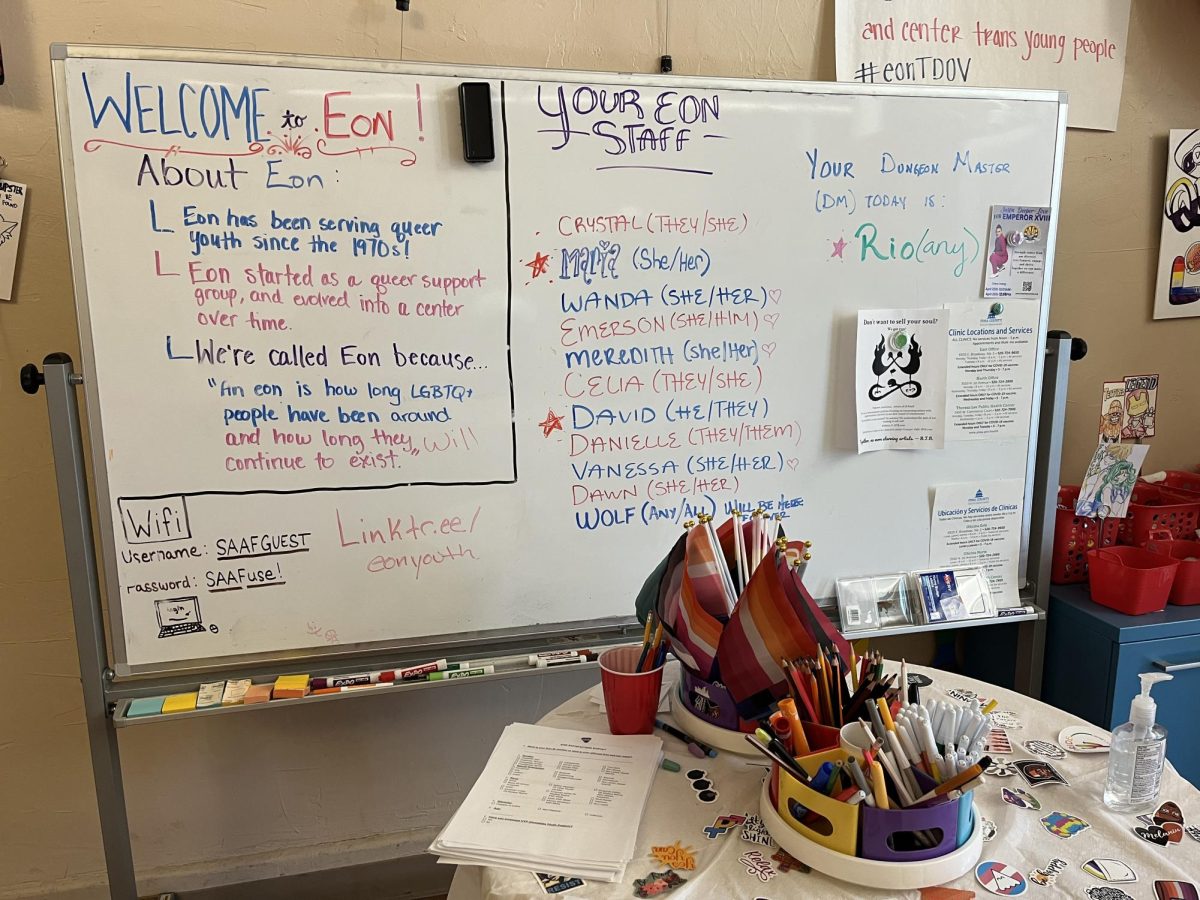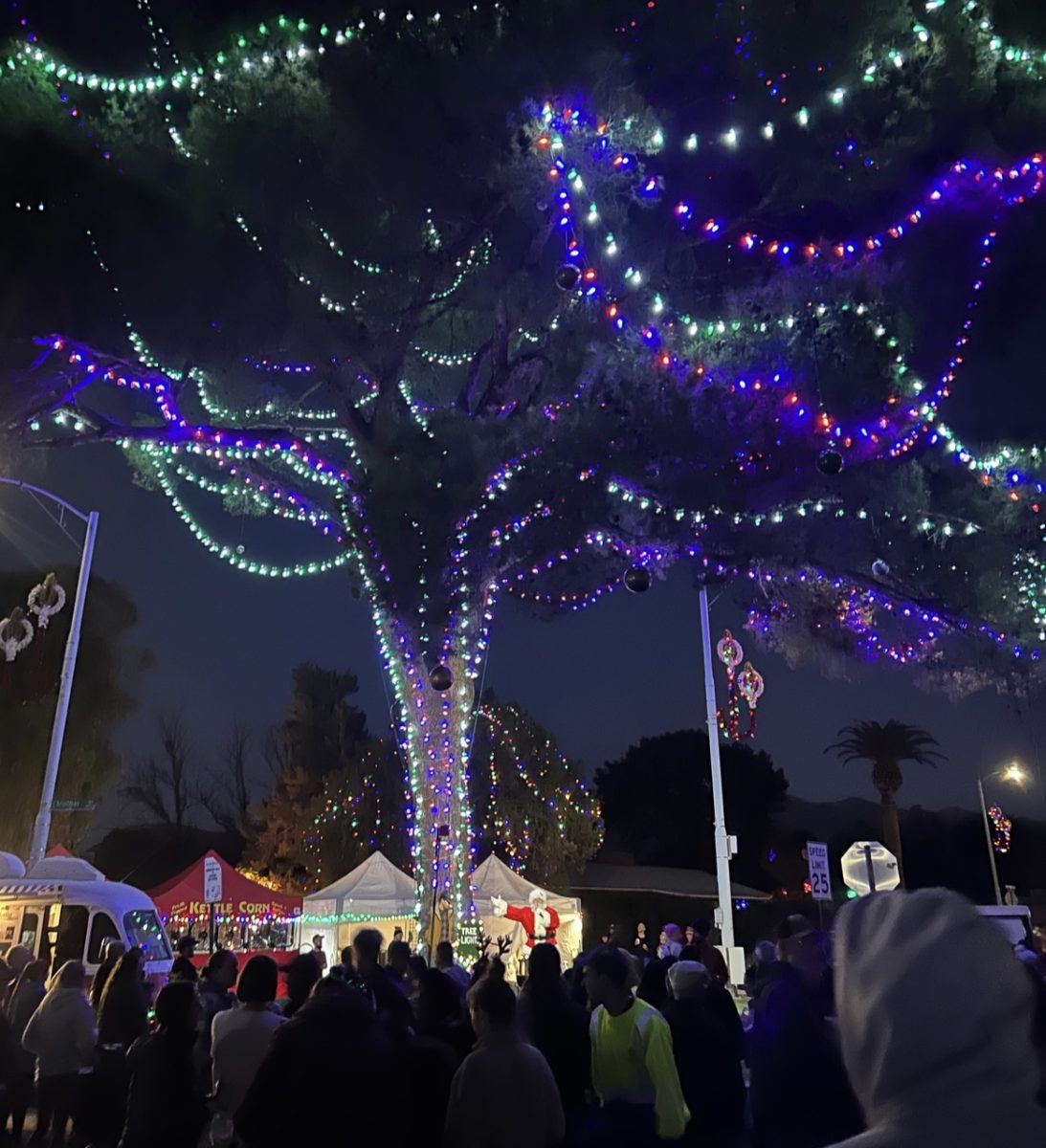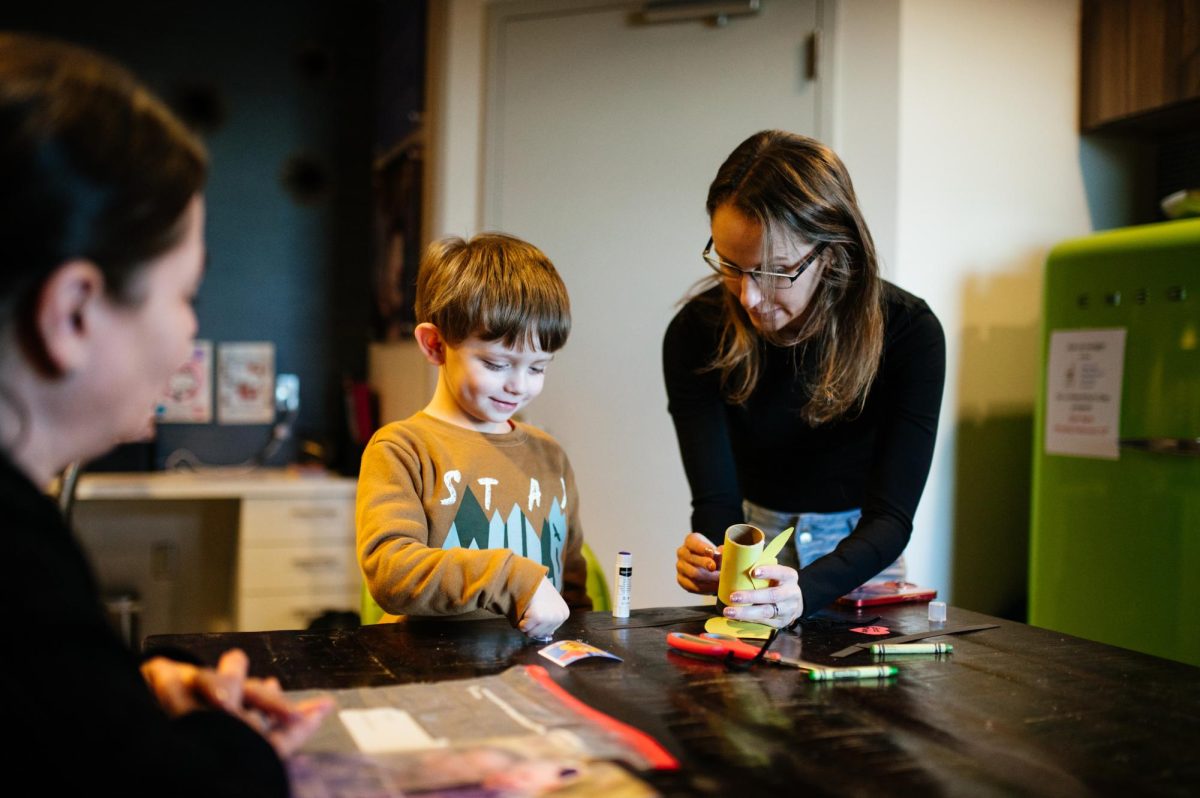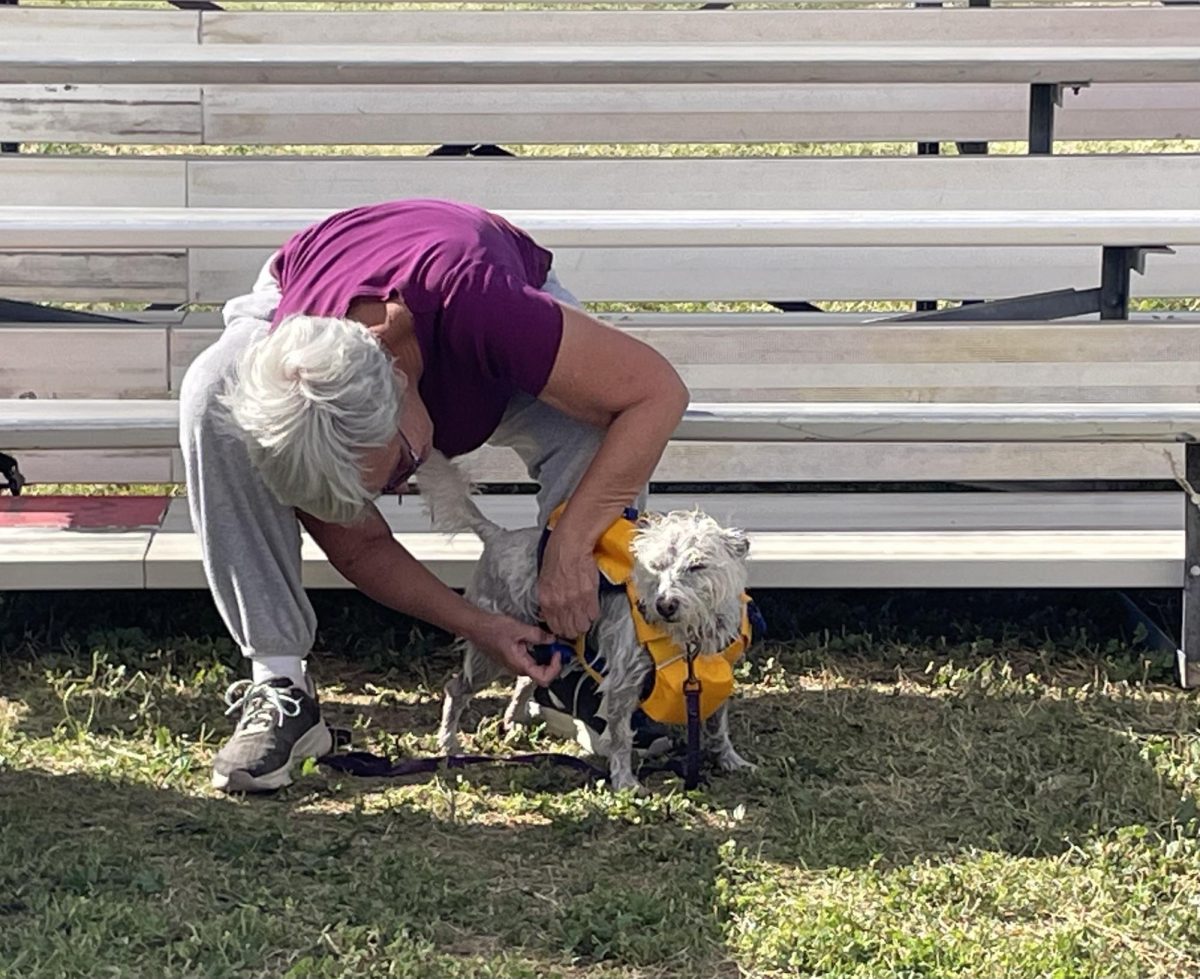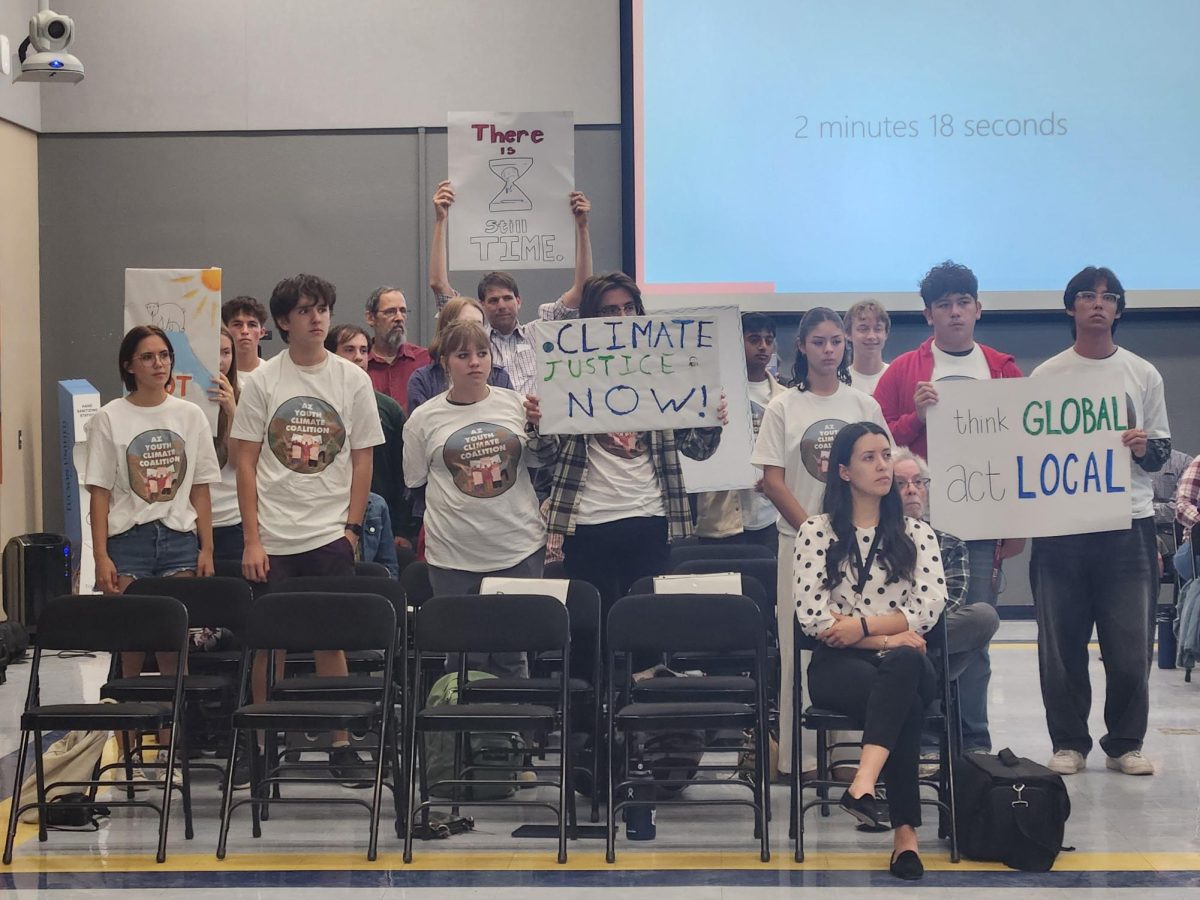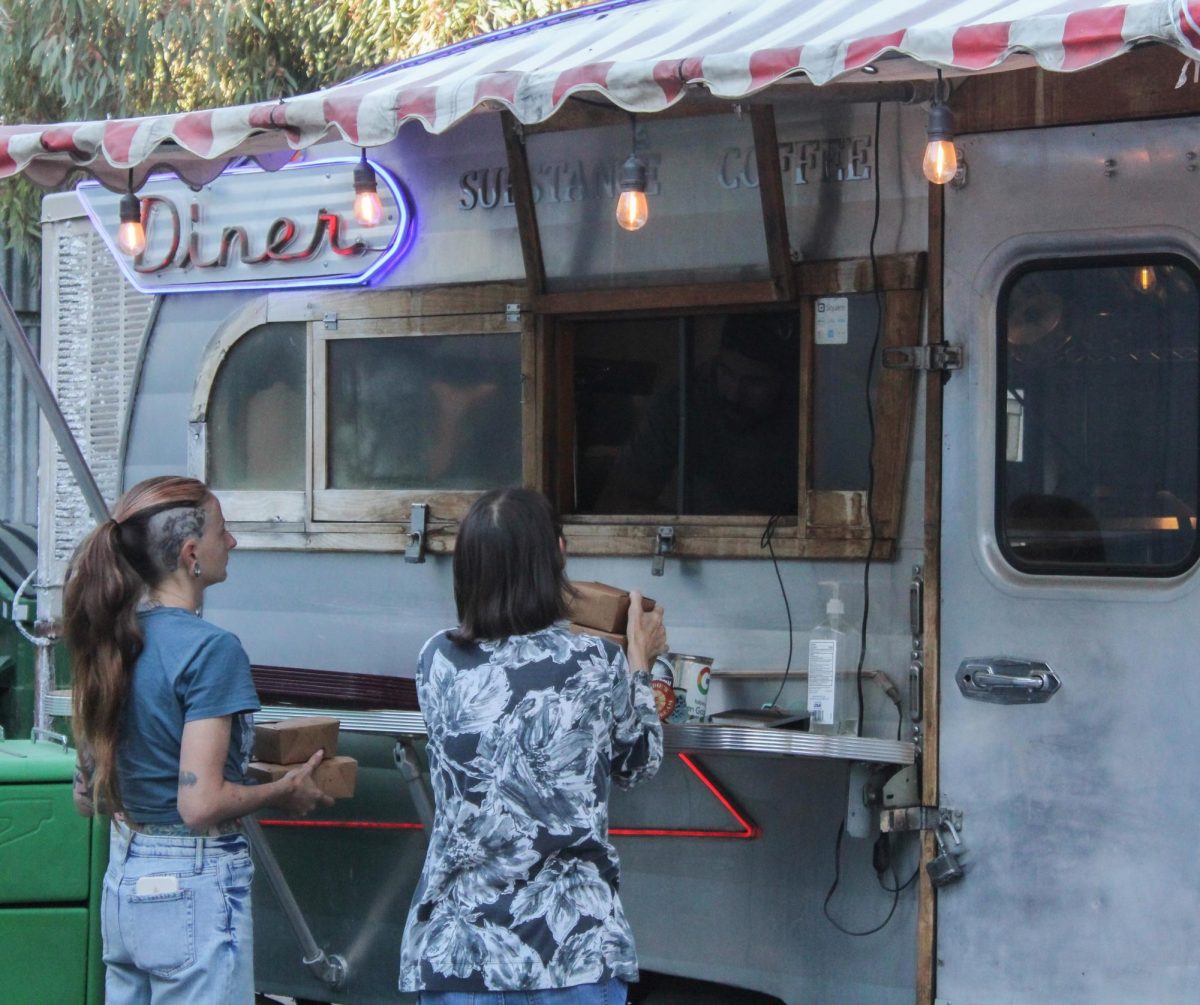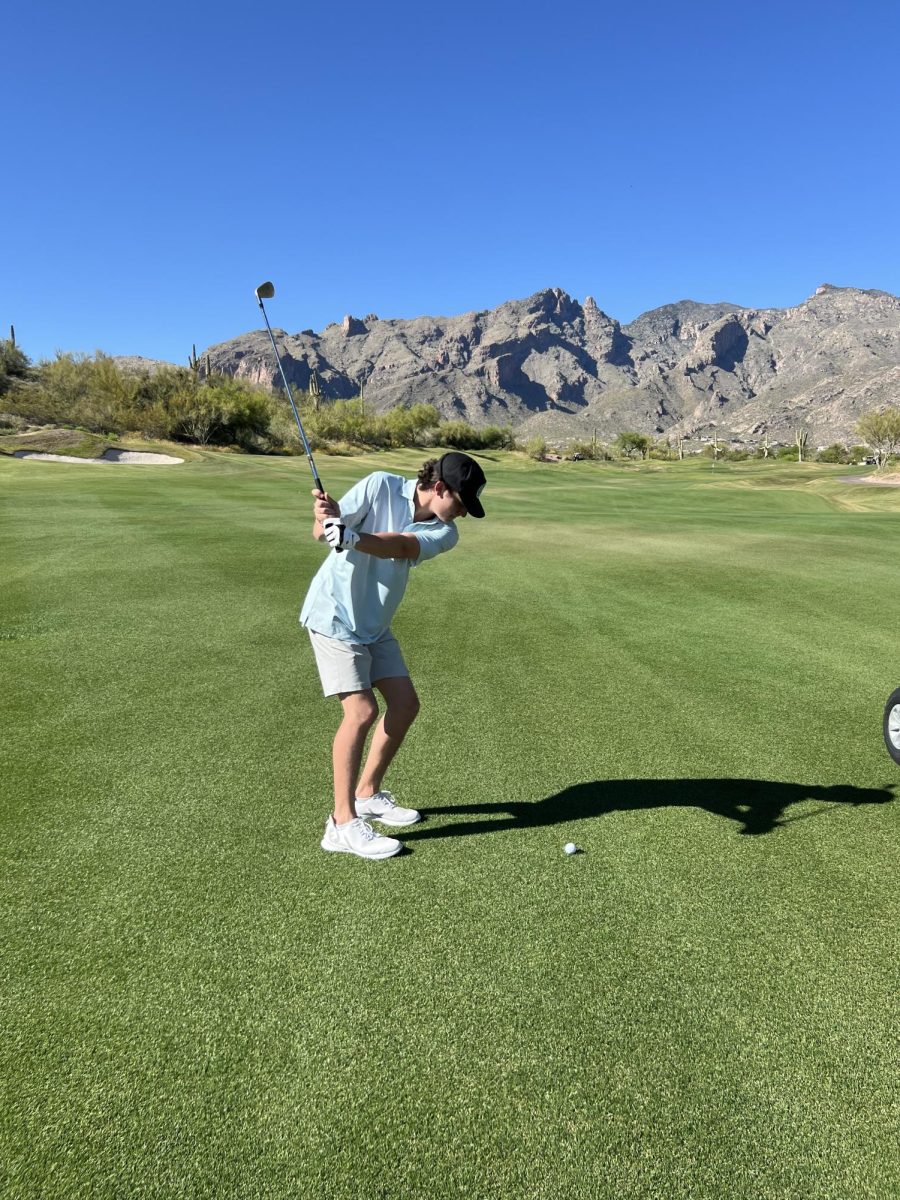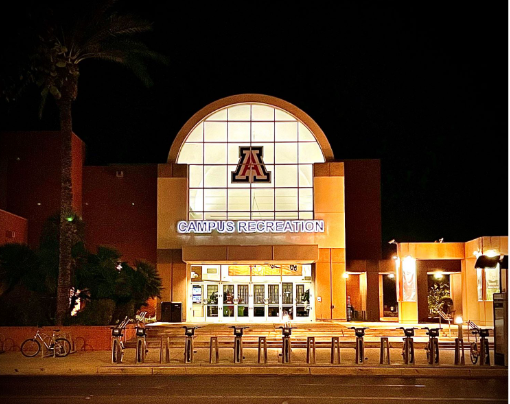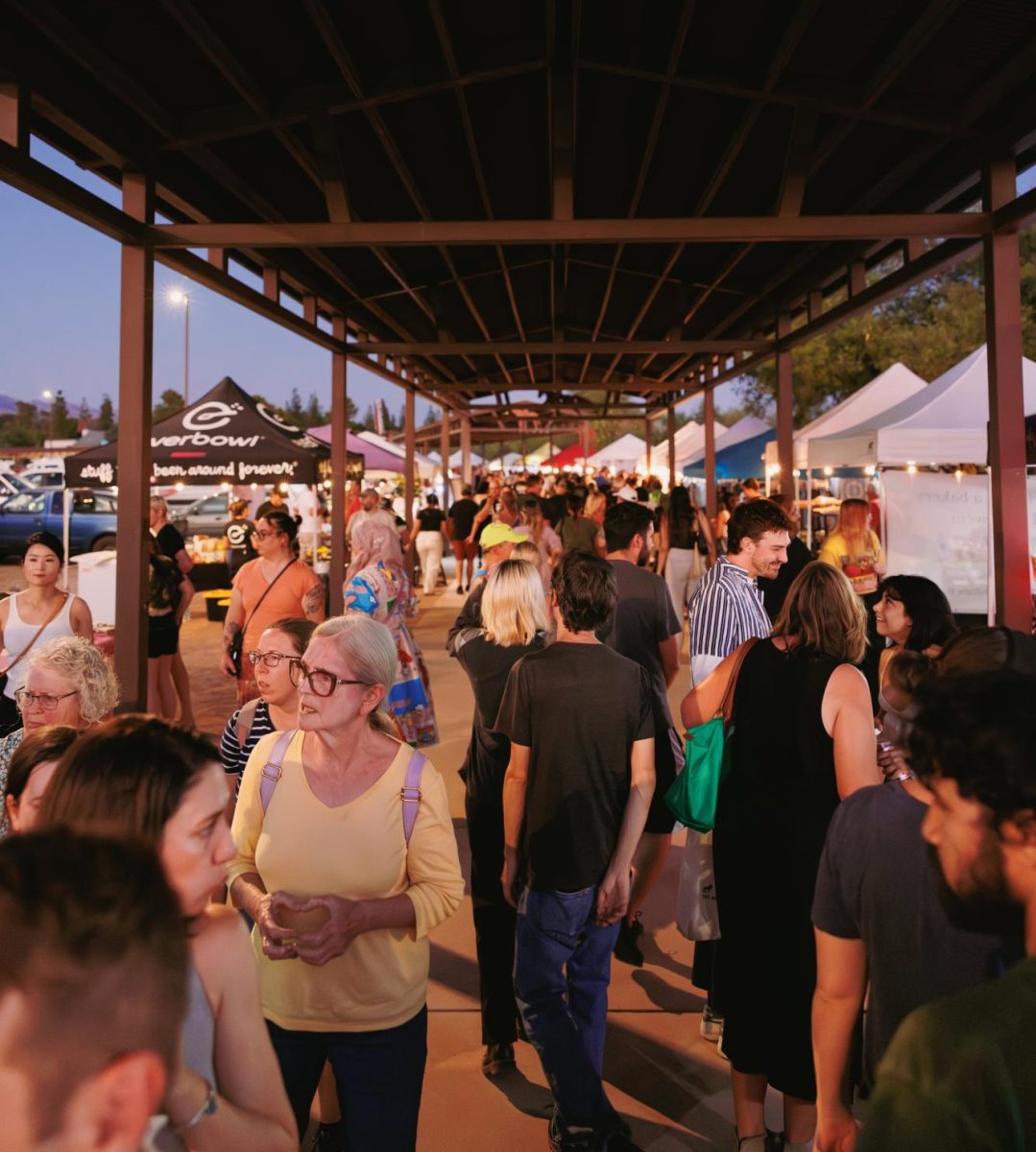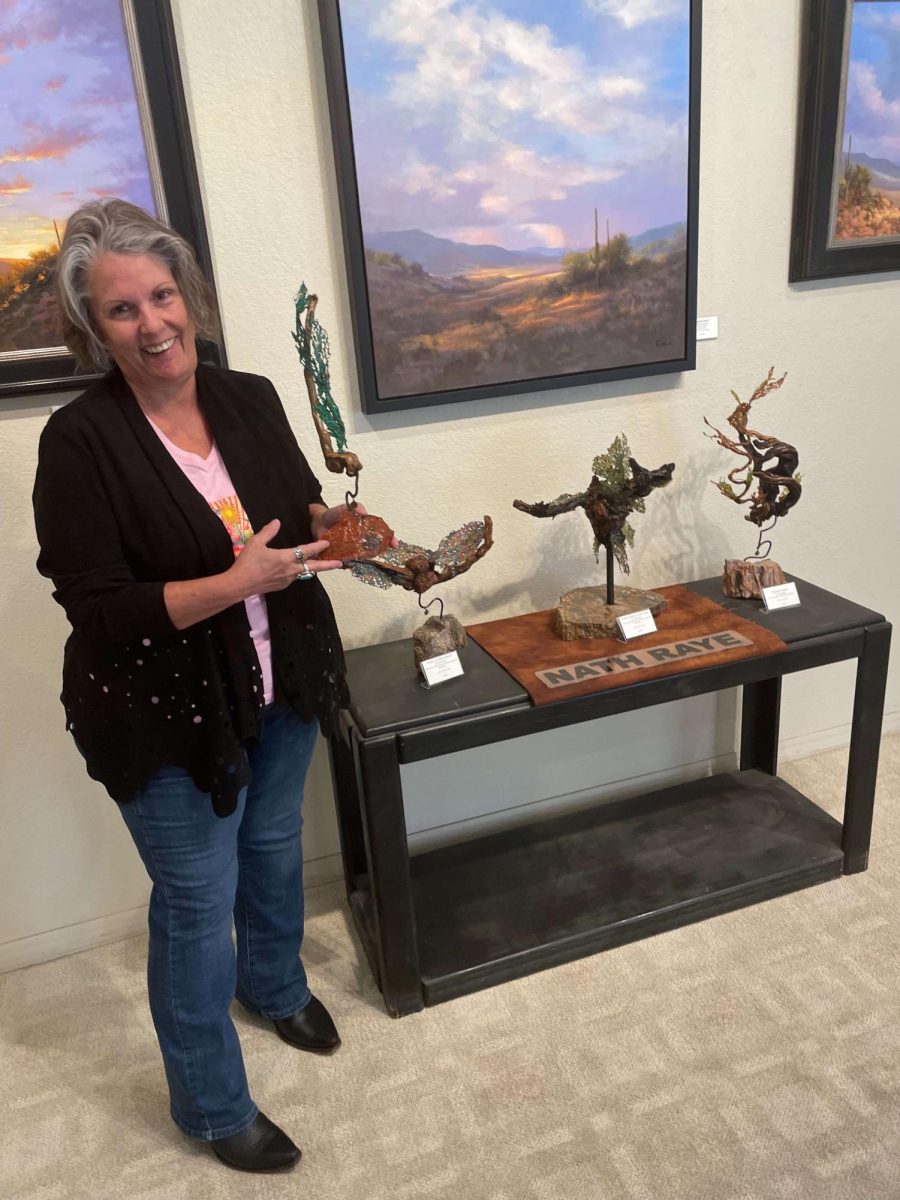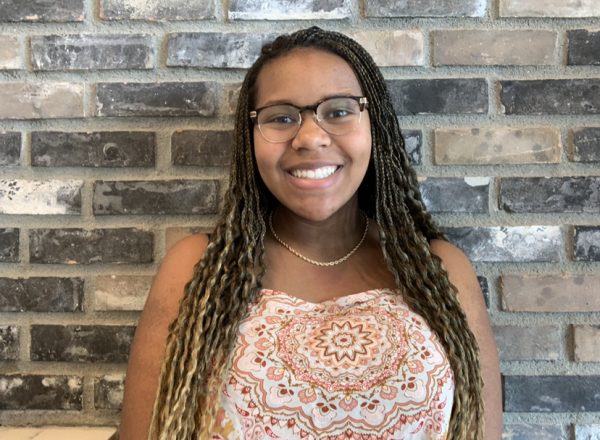The University of Arizona’s Southwest Institute for Research on Women received over $4 million in federal grants in late February.
The first grant, for $2.5 million over five years, will fund the Spectrum+ program that provides sexual health education, HIV and hepatitis testing and HIV prevention help. The program also helps connect participants to mental health services and treatment for substance abuse and other disorders.
A second grant for $1.2 million over the next three years will support the group’s Family Pride Initiative, which provides mental health services to LGBTQ+ youths and training for parents, counselors and others who provide care to LGBTQ+ youth.
Courtney Waters, a member of the Southwest Institute’s Family Pride Initiative team, said the initiative includes an “Affirm Youth” curriculum.
“It is an evidence-based intervention that is focused in cognitive behavioral therapy that helps youth explore and understand their identities and really affirm their identities,” Waters said.
There is also a parental counterpart of Affirm Youth to help caregivers practice compassionate parenting and learn about behaviors that that are more affirming of their queer youth
“A lot of times parents and caregivers want to be supportive, but don’t necessarily have a lot of information or tools or a good understanding of their LGBTQ children’s identities,” Waters said. “So the caregiver intervention helps to support parents in that area.”
Families and their support, or sometimes their lack thereof, can make a huge impact on the welfare and mental health of LGBTQ+ youth.
A report from the Human Rights Campaign showed that 67 perecent of LGBTQ youth hear their families make negative comments about the community, and 78 percent of youth who are not out to their parents heard their families make negative comments about LGBTQ people.
In the same report, it was found that LGBTQ youths make up 40 percent of the homeless youth population, and that they are 120 percent more likely to experience homelessness.
Waters said that a lot of mental health challenges and homelessness seen in that community are attributed to unsupported families.
A space in Tucson that works to provide LGBTQ youth with a safe space if their homes are not one is the Thornhill Lopez Center, affectionately called the Eon Youth Lounge at 526 N. Fourth Ave. The community youth center is based under the Southern Arizona AIDS Foundation,” said Danielle Fowler, Eon’s community programs manager.
“Our mission is to provide services and education and overall address issues with those living with HIV/AIDS or the LGBTQ+ community and those marginalized by society,” Fowler said.
Eon has been around since the 1970s and the name, Fowler jokes, comes from the fact that queer people have been around for eons and eons.
Fowler says a lot of the students at Eon experience intersectionality where they might not just be members of the LGBTQ community, but also be experiencing social or economic justice issues.
“We not only help to try and provide resources, we also connect them with other community resources, and one of the things I do is provide training to these community partners so that they can create affirming spaces,” Fowler said.
The goal is to educate the community on the different identities people will encounter among LGBTQ youth.
Eon Youth Lounge also offers comprehensive safe sex education for the students to explore their identities in a safe space.
This is where the second part of the new grants come in. With the $2.5 million to fund Spectrum+ for the next five years, the Southwest Institute for Research on Women will be able to build upon previous sexual health education, HIV and hepatitis testing and HIV prevention navigation programs.
In a “people living with HIV/AIDS” study conducted by the Arizona Department of Health Services, Arizona State University’s Southwest interdisciplinary Research Center and the ASU School of Social work, it was found that of the 296 respondents surveyed 247 identified as LGBTQ+.
“We’re seeing higher rates in these communities and that’s where we try to come in and fill that gap and provide services,” Waters said.
Waters said it’s hard to access comprehensive and inclusive sex education that doesn’t center cisgender and straight identities so that is something that is unique that Water’s team is able to provide due to the grants.



